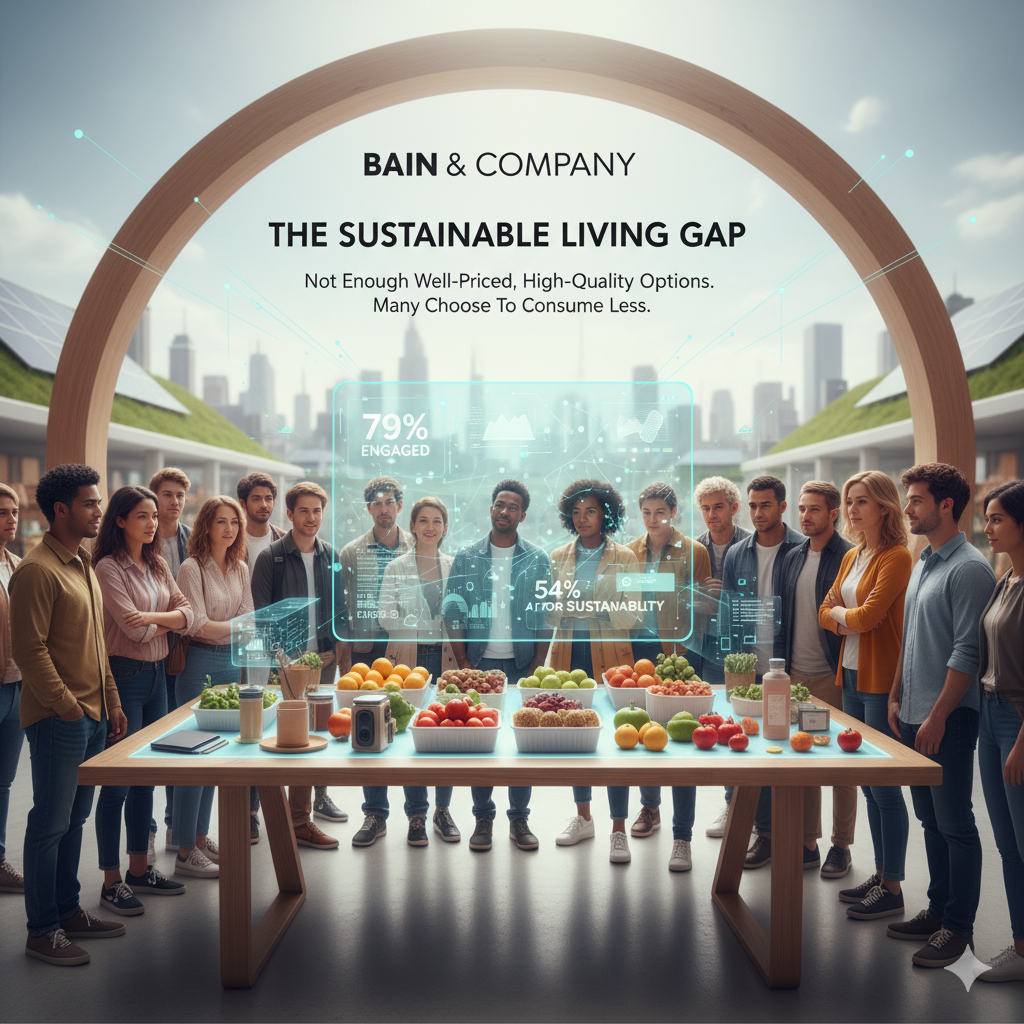Home Green Homes Westside News
Archives
Bridging the Affordability Gap in Sustainable Consumption
SIGN UP FOR OUR NEWSLETTER
Bridging the Affordability Gap in Sustainable Consumption |
Overcoming Barriers to Make Eco-Friendly Choices Accessible to All |
Sustainable consumption is gaining momentum, yet many consumers face significant hurdles in adopting eco-friendly lifestyles. The primary obstacle is the affordability gap, where sustainable products often come with a green premium, making them less accessible to the average household. This financial barrier discourages widespread adoption of sustainable products.
Trust in brands also plays a crucial role. Consumers are increasingly skeptical about the authenticity of eco-friendly claims, questioning whether products labeled as sustainable genuinely meet environmental standards. This skepticism is fueled by instances of greenwashing, where companies exaggerate or falsify their sustainability efforts.
Transparency is key to building consumer trust. When companies provide clear information about product origins, manufacturing processes, and environmental impact, consumers are more likely to make informed, sustainable choices. For example, The Honest Company offers a wide range of consumer products focused on baby care, personal care, home cleaning, and beauty, emphasizing safe and eco-friendly ingredients. Their commitment to transparency has resonated with consumers seeking trustworthy sustainable options.
Corporate responsibility is evolving beyond mere compliance. Companies are recognizing that integrating sustainability into their core business strategies can drive growth and innovation. According to a 2025 report by Morgan Stanley's Institute for Sustainable Investing, 88% of companies globally view sustainability as a long-term value creation opportunity. This shift indicates a growing acknowledgment that sustainable practices can enhance profitability and brand loyalty.
However, consumer adoption barriers persist. Beyond cost and trust issues, factors such as convenience and product availability influence purchasing decisions. To address these challenges, companies are investing in sustainable supply chains and leveraging technology to reduce costs. For instance, UBQ Materials has developed a bio-based, climate-positive sustainability additive that enables greenhouse gas removal and assists companies in achieving ambitious climate objectives. Such innovations can help lower the green premium and make sustainable products more affordable.
CEOs are increasingly prioritizing sustainability strategies. In 2025, US companies are expected to enhance infrastructure resilience and integrate climate risk into strategic planning. Water management has climbed to second place among US CEOs’ priorities, reflecting the growing importance of resource stewardship. This proactive approach demonstrates a commitment to long-term sustainability goals.
In conclusion, bridging the affordability gap in sustainable consumption requires a multifaceted approach. Companies must offer affordable, transparent, and trustworthy sustainable products. By aligning corporate responsibility with consumer expectations and leveraging innovative solutions, businesses can drive meaningful change and make sustainable living accessible to all. |

